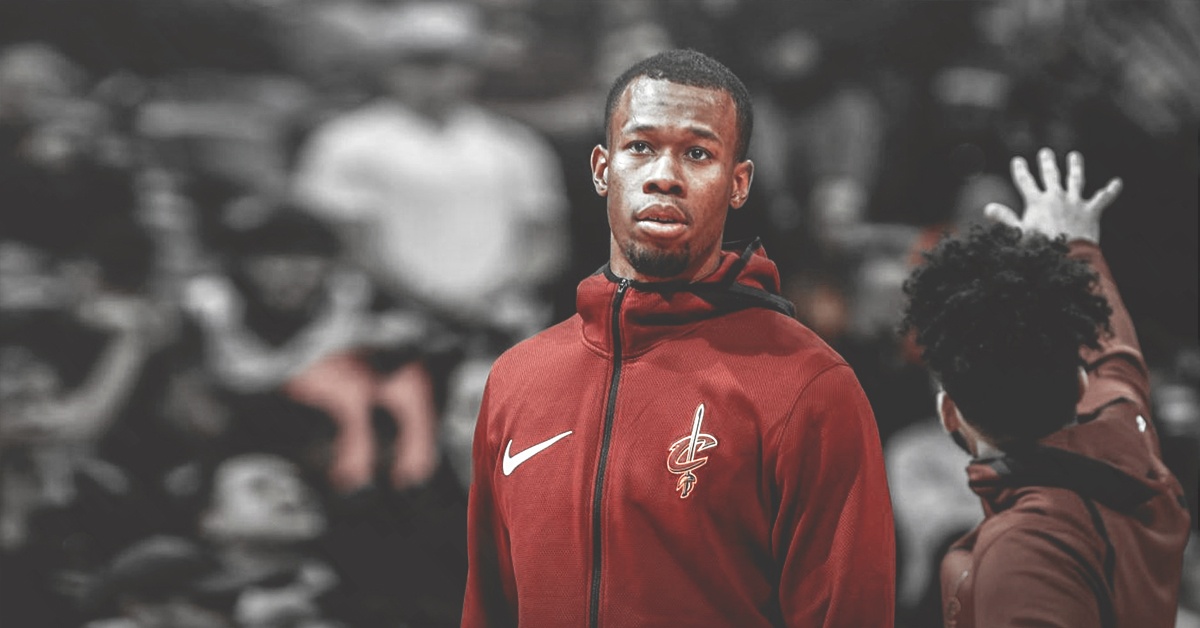Despite making the NBA Finals for the 4th straight year, the Cleveland Cavaliers now feel completely different from the team that they were just two months ago. In contrast to the most high profile events, such as Lebron James’ departure, Kevin Love’s contract extension, the arrival of 8th pick Collin Sexton, and Channing Frye’s long awaited return, other events and negotiations are more under the radar.
Among the low profile events have been the contract negotiations for Cavaliers restricted free agent (RFA) Rodney Hood.
Rodney Hood: A Player’s History
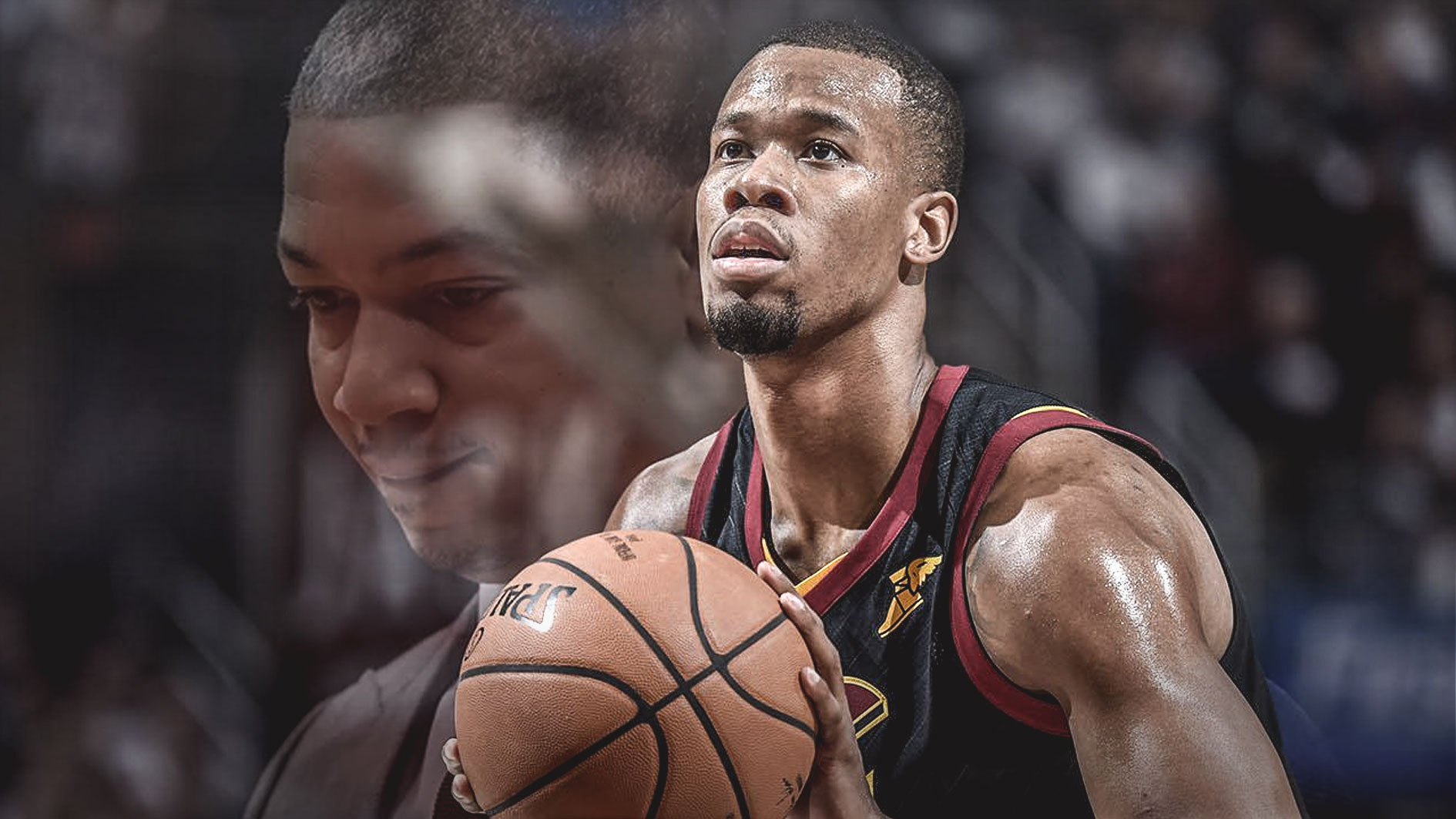
Rodney Hood, a shooting guard out of Duke University, was drafted 23rd overall by the Utah Jazz in the 2014 NBA Draft. In his rookie season with the Jazz he played a bit more than 20 minutes a game scoring 8.7 points a game. He mostly came off the bench and only played 50 games that season due to injury concerns.
Following his rookie season, he managed to play 79 total games and up his points per game to 14.5, despite not increasing his efficiency by much (41.4 → 42 FG%). The following 2016-17 regular season after that also saw his efficiency hover around the same mark, and his scoring average drop slightly.
In Utah, the young shooting guard was known as a proficient shooter who showed flashes of being a great and dynamic scorer in the future. He had the ability to shoot the long ball and take opposing defenders off the dribble and get to his comfort spot on the floor, using his 6’8” height to his advantage.
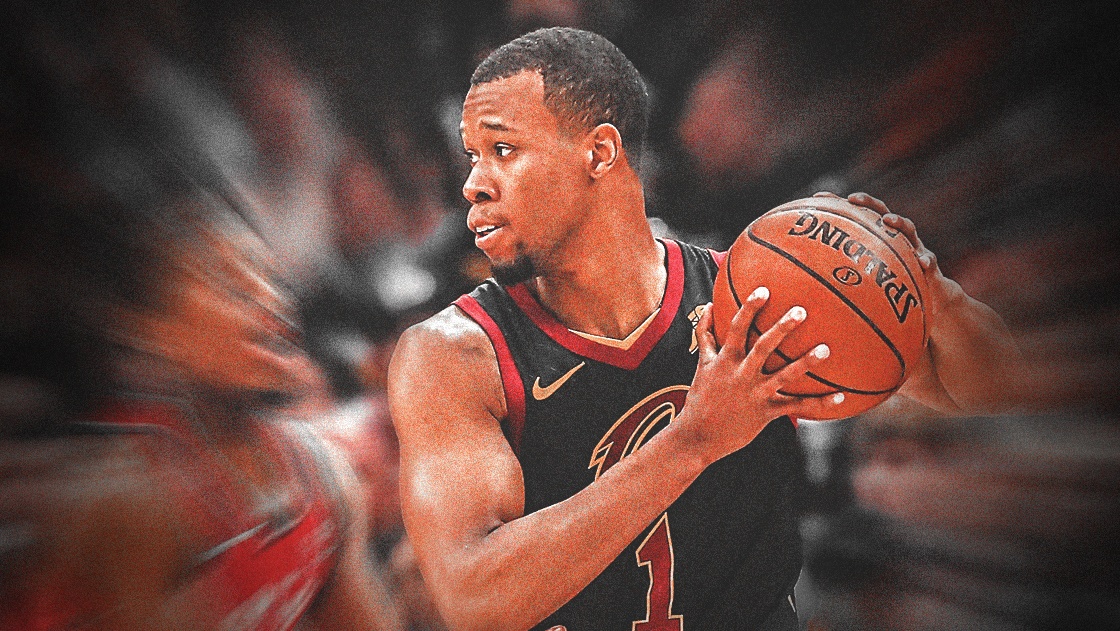
Despite his overall field goal efficiency concerns, he was always impressive from three, shooting 37% on five attempts a game for his career. Other concerns for him included being a below average rebounder for his height (though this could be attributed to the position he plays, and not being a forward), and being lackluster on defense.
As far as the regular season was concerned, Rodney Hood was a fine young piece for the Jazz. However, in the playoffs, Hood struggled. In Utah’s 2017 playoff series vs. the Los Angeles Clippers, Hood scored only 10.4 points a game down from his 12.7 regular season average.
Perhaps even more concerning was his field goal percentage of 37.3%, and only a 49.3 TS%. His offensive and defensive ratings were also in the bottom three for his team. The Jazz went on to eventually win the series in seven games, but Hood never found his footing. These hardships were only magnified when the Jazz faced off against the eventual champion Golden State Warriors and were swept.
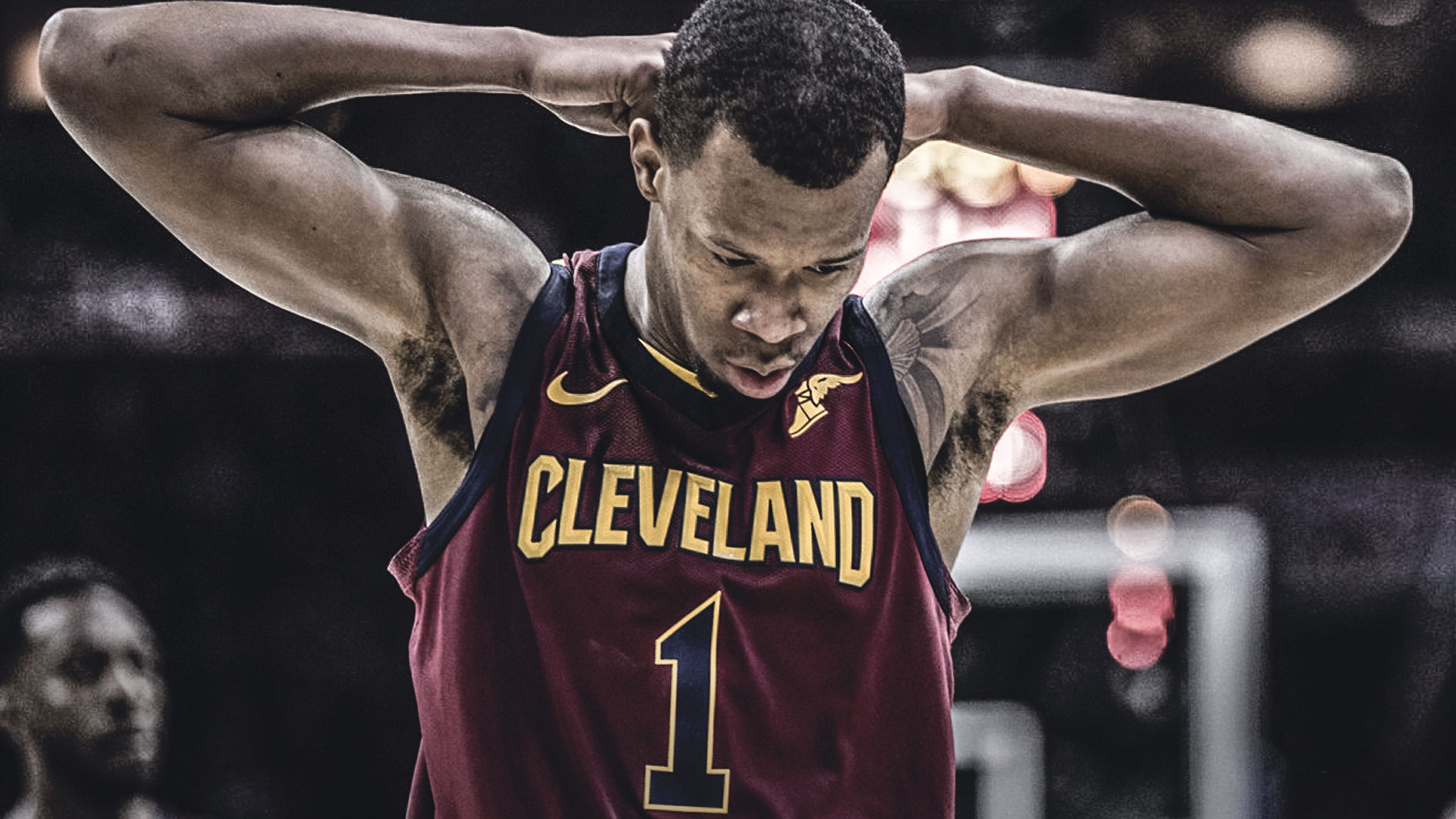
ClutchPoints
History repeats itself, evident in Hood’s postseason run with the Cavs just a couple of months ago. In the regular season Hood shot a fair 35% from three on 3.4 attempts a game, and had a 53.3 TS%. Though still not a good defender, his offense tended to make up for it.
He made great use of his offensive skill set and showcased his ability to sink the long ball and flashes of a pull up “in-between” game for getting to his spot in the midrange. Injuries continued to hound him, however, and he would miss some time late in the regular season with the Cavs due to Achilles issues.
In the playoffs, Hood barely got to see his shot fall, and wasn’t as free to get his shot off in the first place. He took almost four fewer shots in the postseason as opposed to the regular season, and his 3 point percentage had tanked to a mere 16.7%. During the Boston series, he had received four DNPs – it wasn’t looking good for the newly acquired shooting guard.
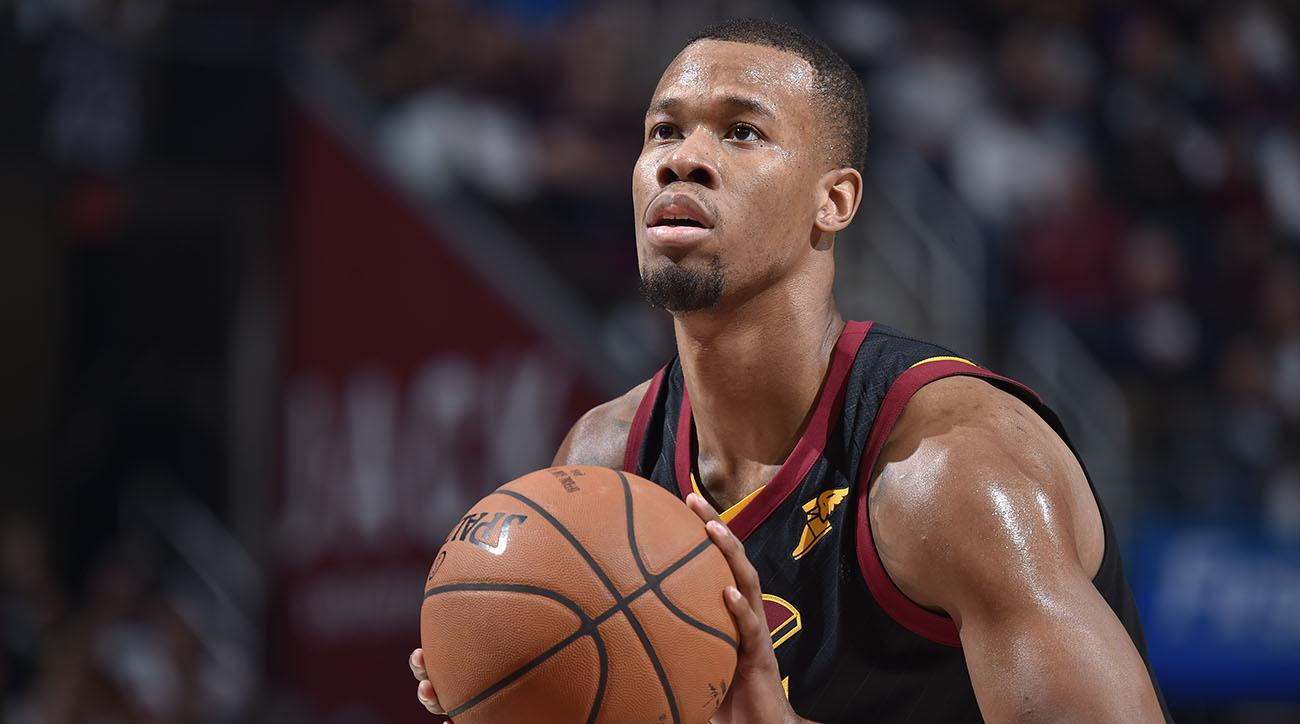
Rodney Hood: Stepping Up
However, a discussion regarding Hood’s postseason performance and what his future with the Cavs may be cannot be had without discussing his performance in Game 3 of the NBA Finals. In this game, Cavs fans had the pleasure of seeing the kind of player Hood could be.
Despite not making a single 3-pointer, Hood showed a penchant for scoring in a variety of ways – something most Cavs fans knew he had the capability of doing, but something he hadn’t demonstrated on the big stage. He was consistently getting to his spot, shooting over smaller defenders, and had a fresh air of confidence around him that hadn’t been there for games before.
He even managed to play solid defense – he had a great block on a Shaun Livingston jumper – one of those shots that you imagine not many can interfere with. After this game, many Cavs fans changed their opinion of Hood for the better, and warmed up to the possibility of taking a chance on him in the future.

CP
Rodney Hood’s Restricted Free Agency
Previously mentioned, Rodney Hood is currently a restricted free agent. This means the Cavs can match any “offer sheet” that a team gives to Hood. For example, if team A gives Hood an offer of 2 years, $14 million, the Cavs have the option to match that contract.
However, the chances of Hood getting money on the open market are slim due to the fact that not a lot of teams have cap space to give Hood money that he’d be willing to take. The Indiana Pacers had a lot of space to begin the offseason but they’ve used most of it on their acquisitions such as Kyle O’Quinn and Tyreke Evans. With the money the Kings sent Zach Lavine’s way it’s plausible that the Kings could be interested (and according to a Sacremento Bee article, there might be something there) but there hasn’t been much more than rumblings there.
So what are Hood’s options? He was extended a qualifying offer by the Cleveland Cavaliers, for $3.4M according to Rotoworld. This means that he can do any of the following: take the 1yr/$3.4M and become an unrestricted free agent next offseason, sign an offer sheet from another team, or agree to what the Cavs want to give him.
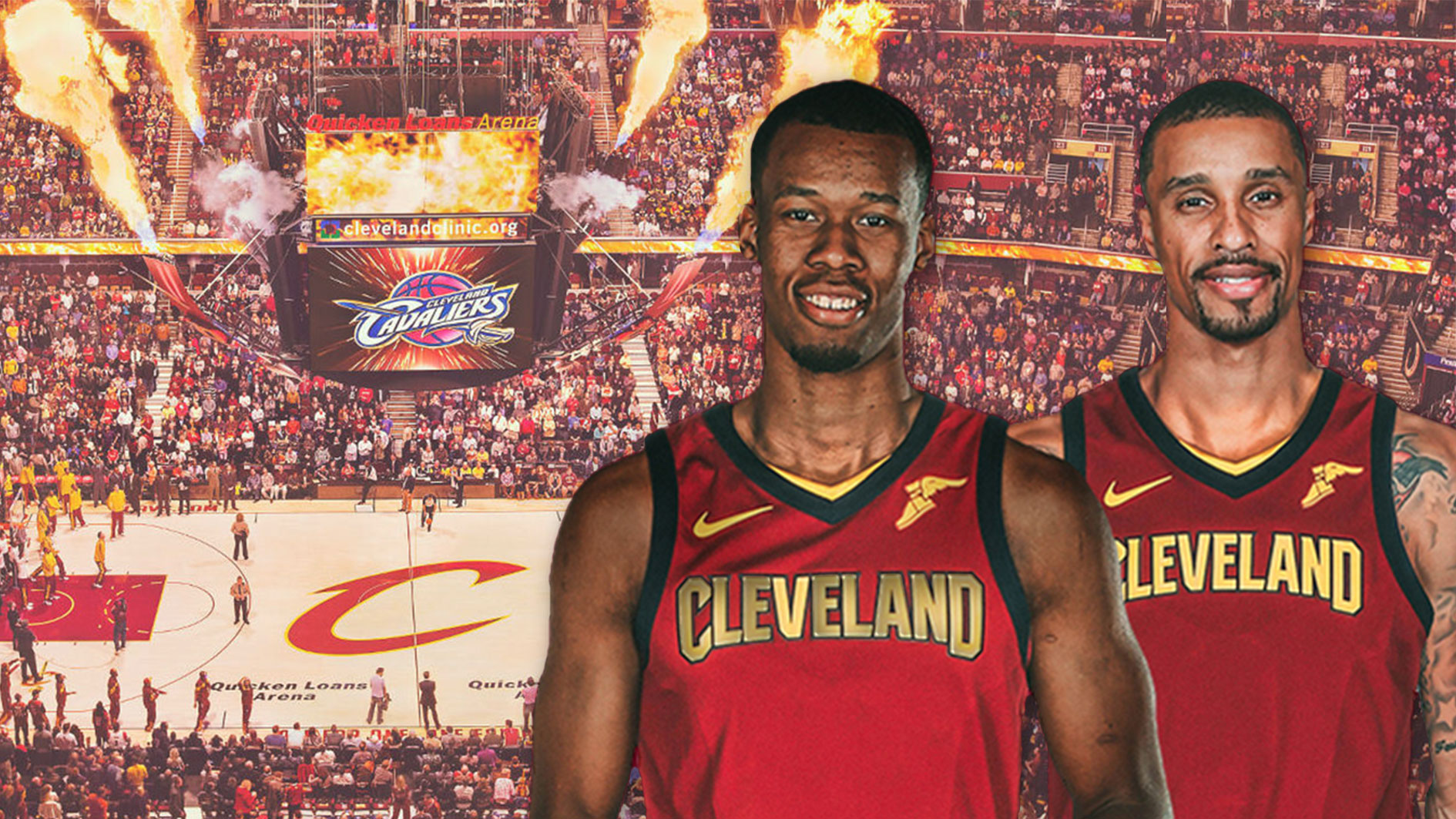
The Cavs seem to want Hood back on a 3 year contract, but Hood seems to want a shorter, larger contract – something like a 1+1 (1 year and a player option) or a 2 year deal for perhaps around $10M a year, all guaranteed.
Seeing the contracts that players such as Tyreke Evans (1yr/$12M) and Kentavious Caldwell-Pope (also 1yr/$12M) are getting, him and his agent likely believe Hood can at least be as good as or better than them, so he deserves that kind of money.
On the other hand, the Cavs likely wish to secure him for a few more years at the very least on a reasonable deal, for less than what Hood would probably prefer to get. With the difference in ideas here, the two parties are at an impasse.
What Should the Cavs Do?
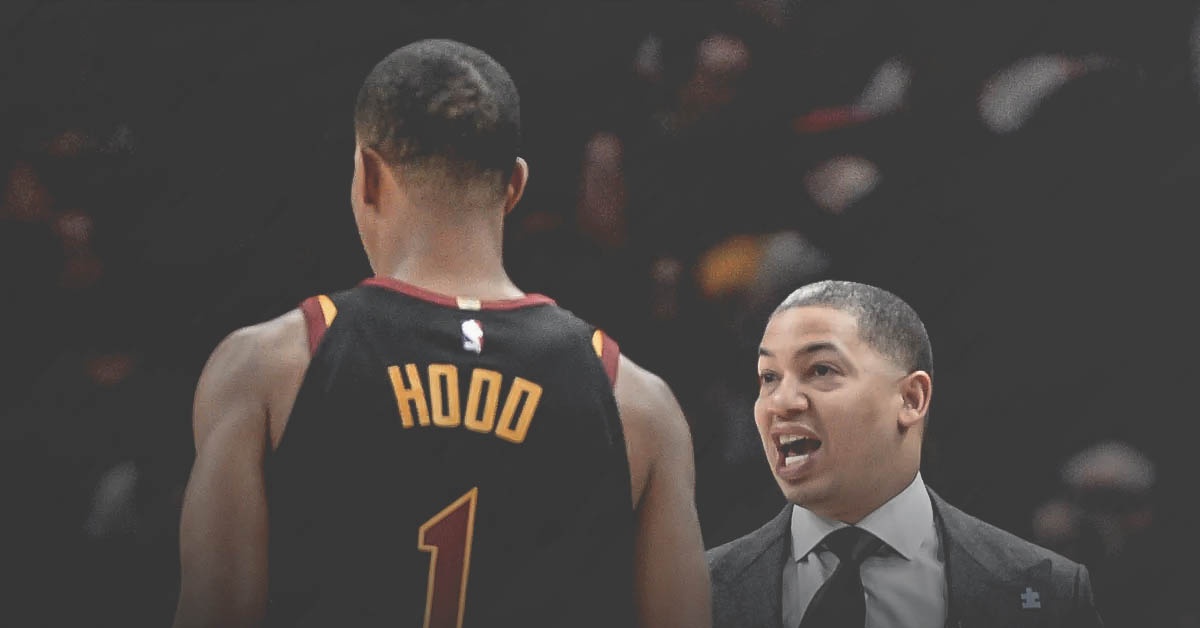
ClutchPoints
With the facts on the situation laid out, I’ll offer my opinion on the subject. I believe the Cavaliers are at an advantage with the present negotiations. There isn’t a lot of money left for teams to offer RFAs. Since the team that extends a qualifying offer can match any offers from other teams, an opposing team looking to pry away an RFA must first offer enough money to discourage the original team from matching the offer sheet, and not offer too much money so as not to be an overpay.
To apply this principle, any amount of money the Cavs wouldn’t be willing to match for Hood would likely be an overpay for whatever team is giving him the offer sheet. As of now, according to Spotrac’s cap space tracker page, only the Sacremento Kings have significant cap right now, around $11M in space. Chances are the Kings aren’t in the position to give that money to Hood on the short-term deal that he wants, and in the worst case scenario, Cleveland can stay below the luxury tax by matching a 2yr/$22M deal if the Kings give that to him.
To reiterate, they likely won’t because the Kings have their own shooting guards such as Buddy Hield and Bogdan Bogdanovic who are promising young players who should be in their future plans. Also consider the fact that Rodney Hood has had a definitive injury history with his gastrointestinal issues before games, and Achilles/back problems that arise intermittently. This makes tossing a short-term deal at Hood a riskier move for other teams.
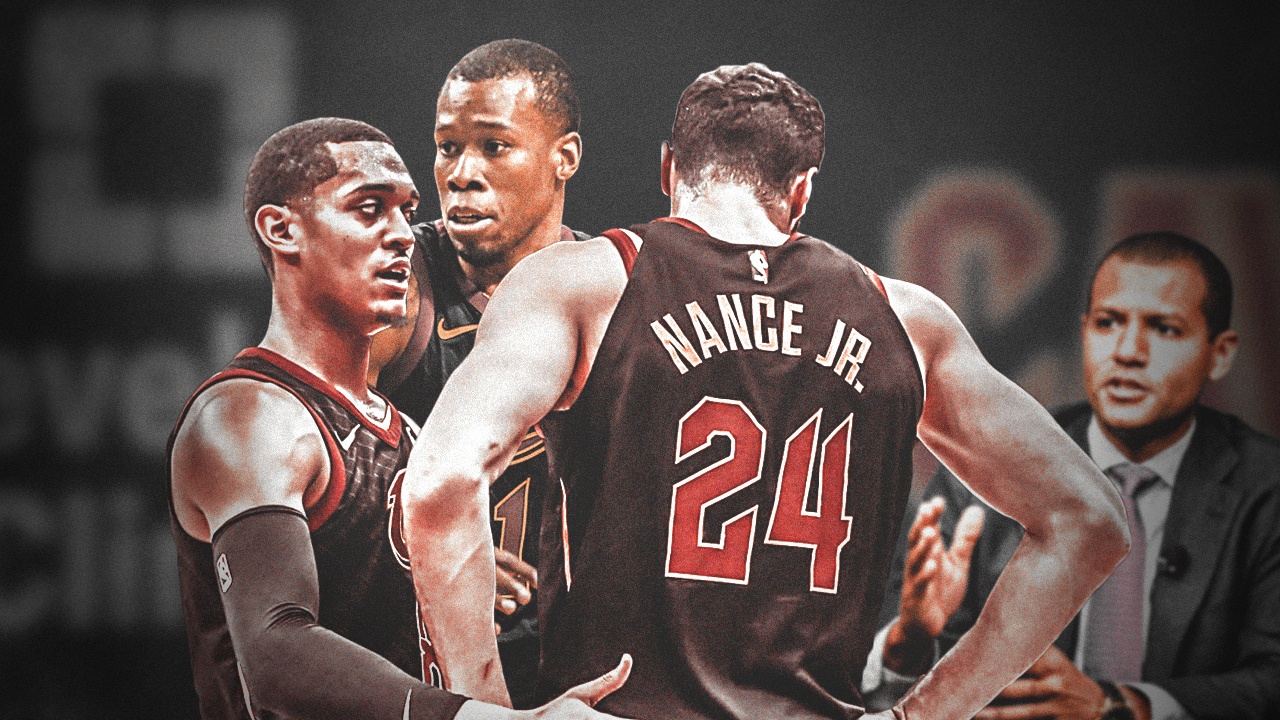
CP
With all that being said, the Cavs will likely play the waiting game here and let contract negotiations stall as they have been and likely come out on top and be able to sign Hood to a relatively team friendly deal. They can satiate Hood’s desire to get back out in free agency by perhaps giving him a player option where he can opt out after maybe two years and become an unrestricted free agent then.
On the other hand, perhaps the Cavs can simply convince him not to take a risk with his injury history and show him that taking the money available to play on a young team and make a name for himself for years to come is his best option. Whatever ends up happening here, progress in the negotiations will definitely be interesting to watch.
